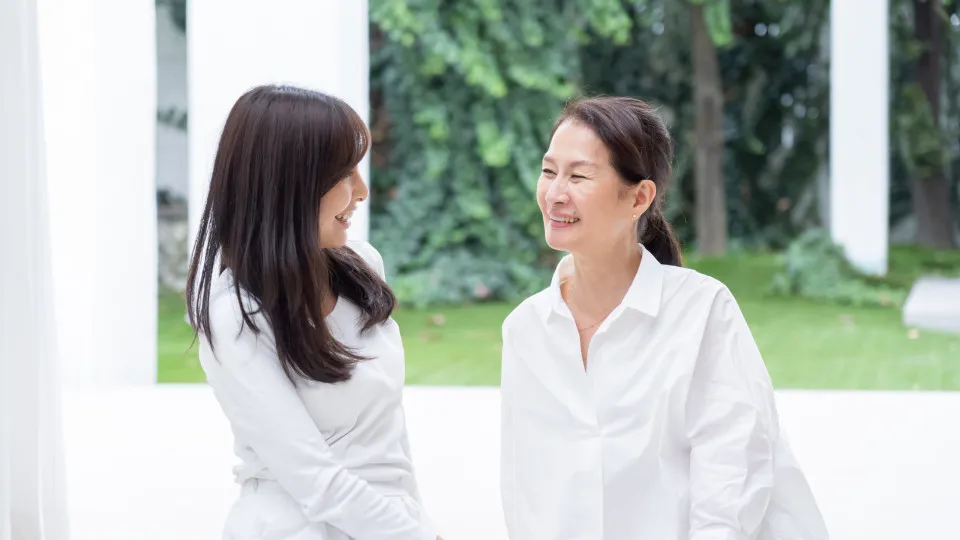According to a famous Korean expression, "half of life is nunchi." Sadly, there's no direct translation in English, but we can think of it as a subtle art, one of ascertaining the mood and vibe of a room through quiet observation. Gauging people's moods, as well as the atmosphere of the room as a whole, helps you gather information and approach your social interactions in the best way possible.
Intrigued? Click on to discover nunchi, and how you can use it today.



